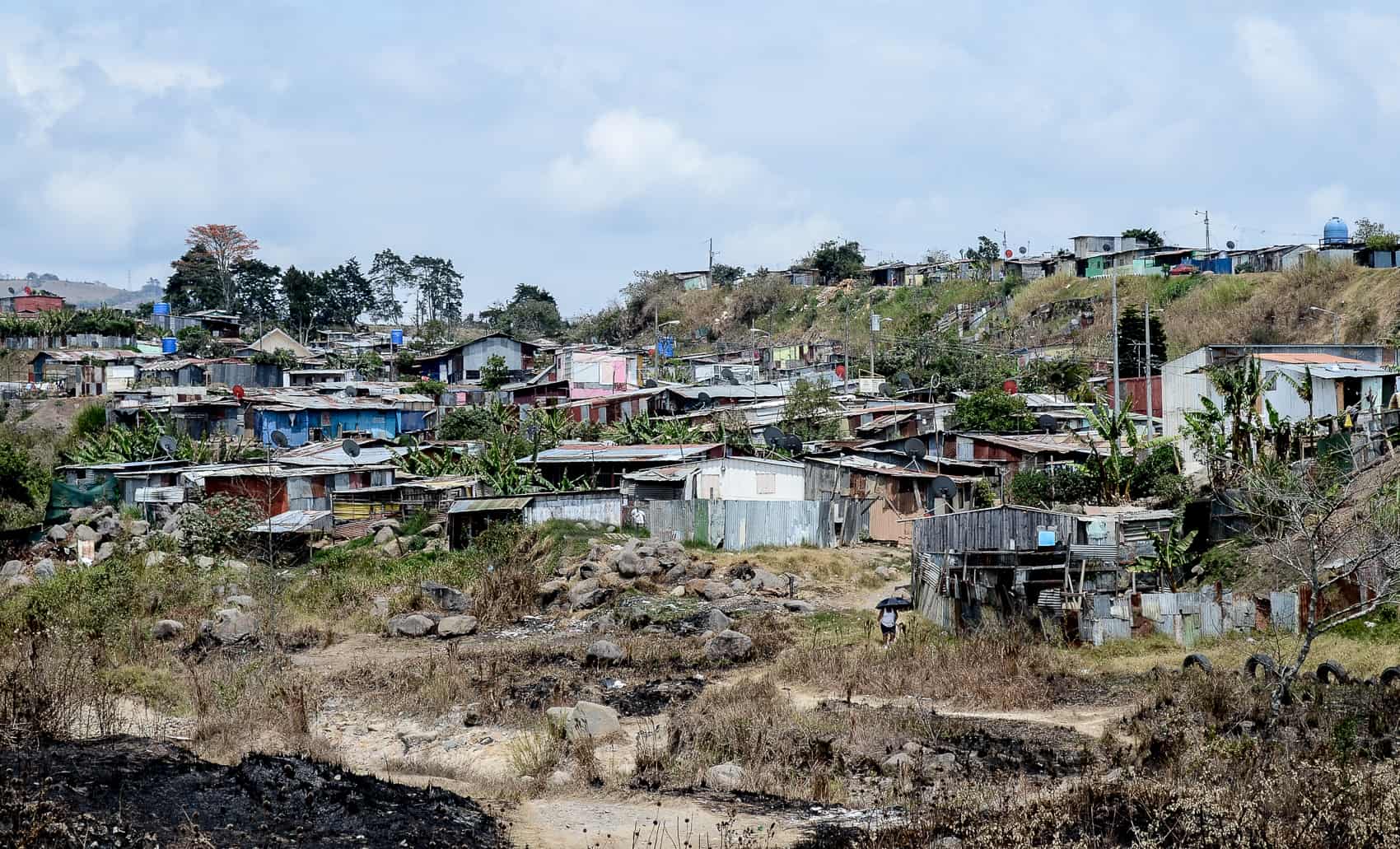The United Nations Economic Commission for Latin America and the Caribbean (ECLAC) announced Monday that poverty and extreme poverty will increase considerably in the region as a result of the economic recession caused by COVID-19.
The impacts of the crisis may cause “a historic setback in the fight against hunger” in the region, erasing 15 years of progress, according to Julio Berdegué, representative of the UN’s Food and Agriculture Organization.
“We will have 215 million people in a state of poverty, of which 83 million will be extremely poor — that is, 16 million more people in extreme poverty who cannot cover their basic food needs,” explained ECLAC executive secretary Alicia Bárcena.
Bárcena said that these figures represent perhaps the worst economic crisis that Latin America has experienced in its history.
“We have the worst recession of the last century and possibly the strongest in the entire history of the region. We are going to fall between 5.3% and 8% in this huge contraction that we have never seen of this magnitude,” she said.
The Executive Secretary of ECLAC said that the organization is proposing giving subsidies to the neediest people and small businesses in order to maintain the standard of living of many Latin Americans.
“We have proposed that an emergency basic income equivalent to a poverty line be given for six months, so that people can have a guarantee of subsistence, and this costs 2.1% of GDP. We also proposed temporary grants to micro, small and medium-sized companies to cover labor costs, depending on the size of the company and financial capacity,” Bárcena said.
According to ECLAC, government institutions often exacerbate economic problems, since only 22% of Latin American residents have confidence in public institutions in 2020, compared to 45% in 2010.

A version of this story was originally published by Semanario Universidad on June 16, 2020. It was translated and republished with permission by The Tico Times. Read the original report at Semanario Universidad here.






